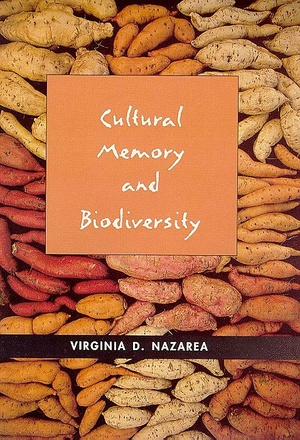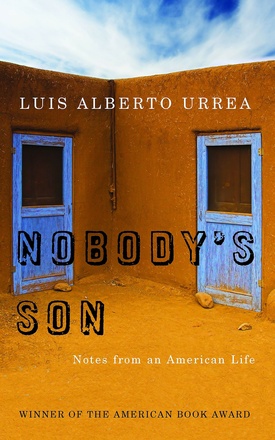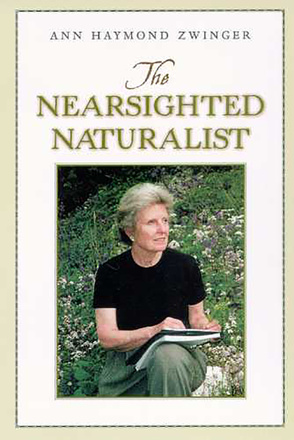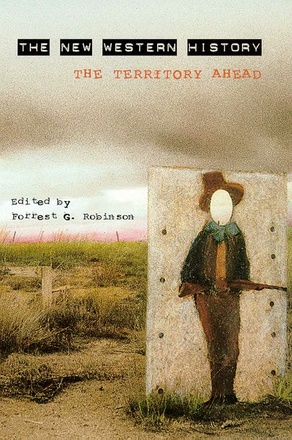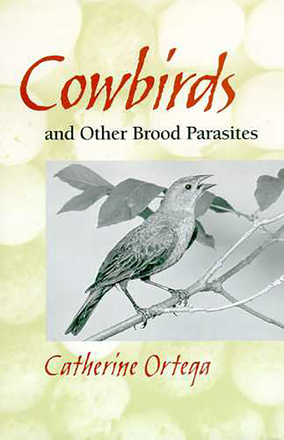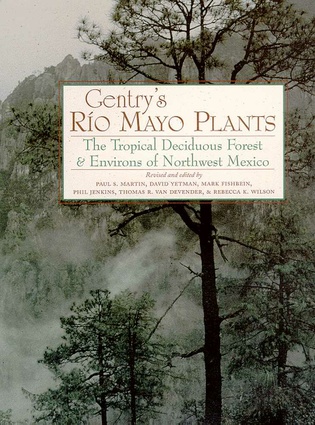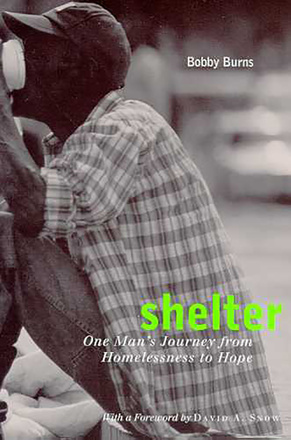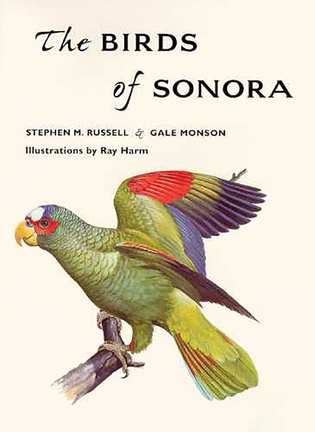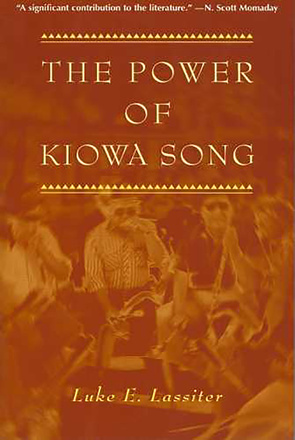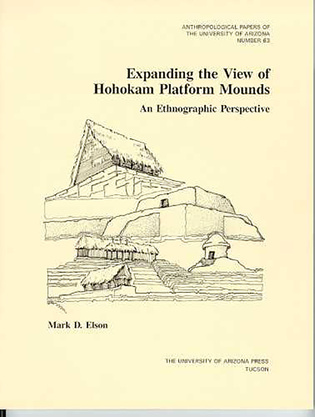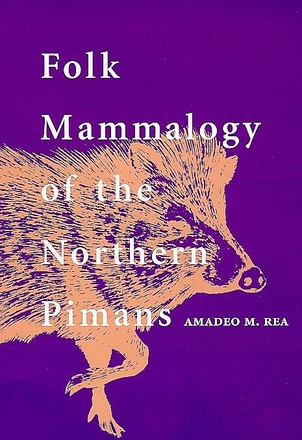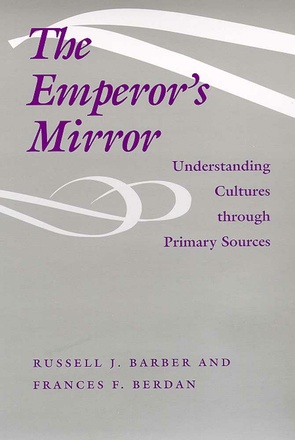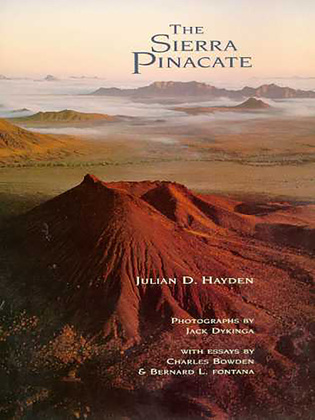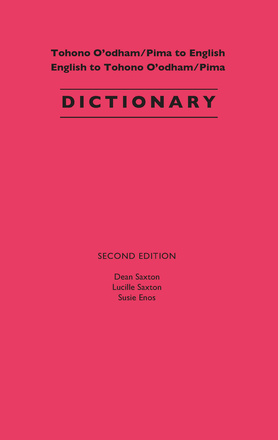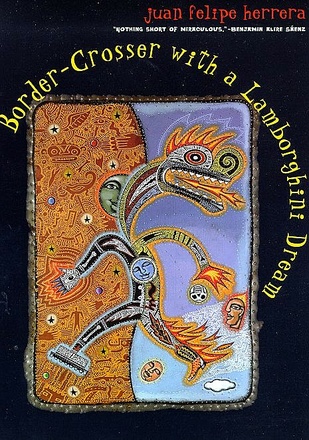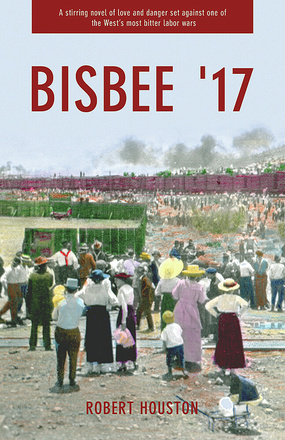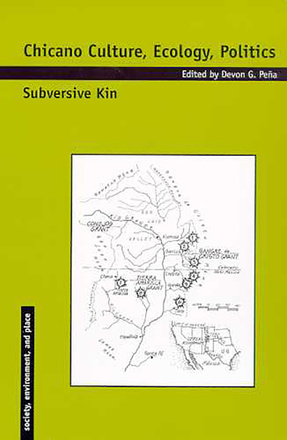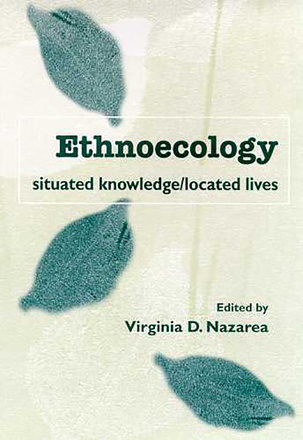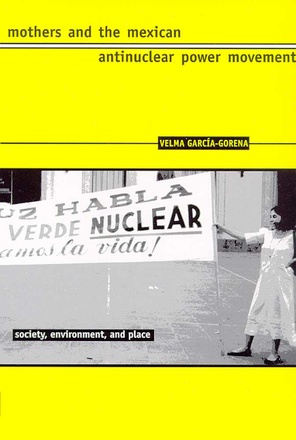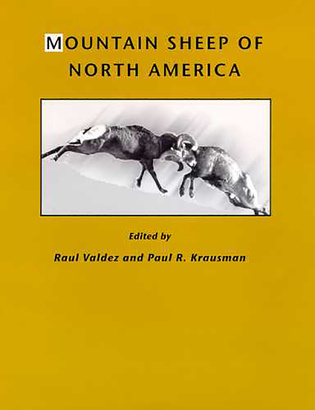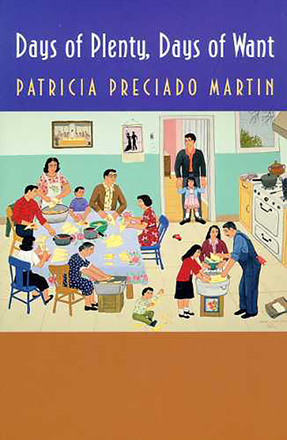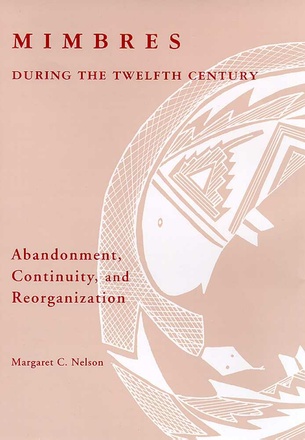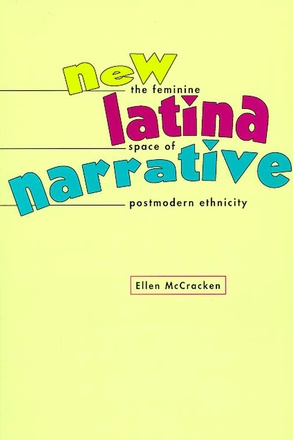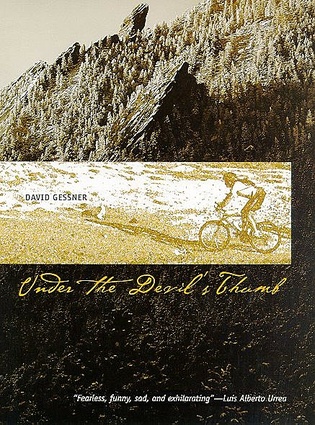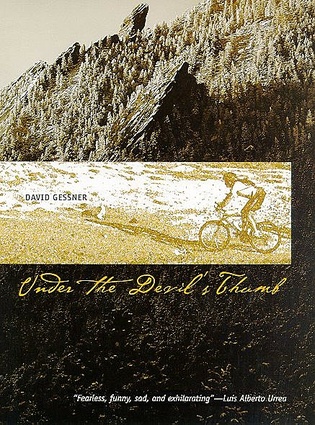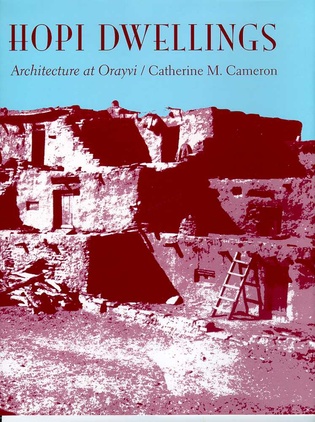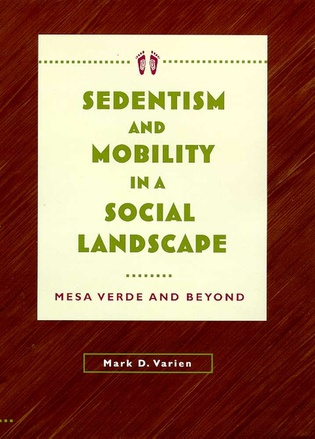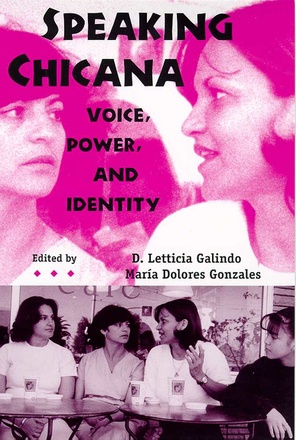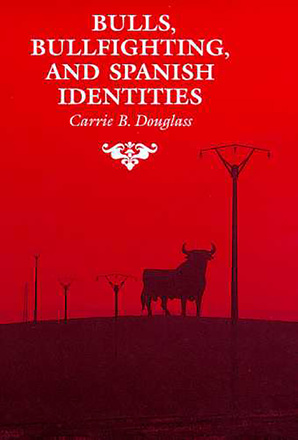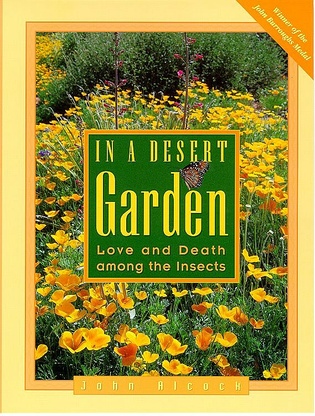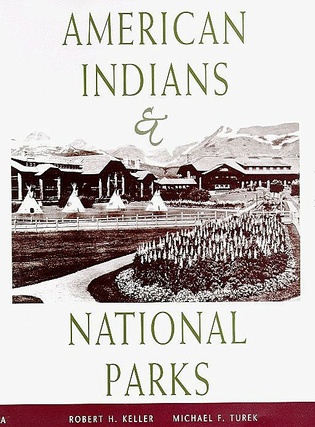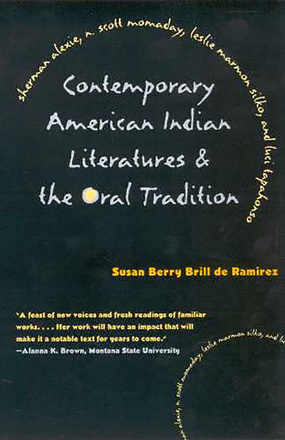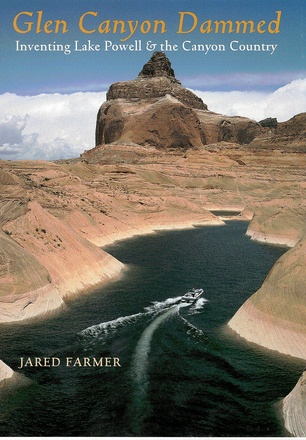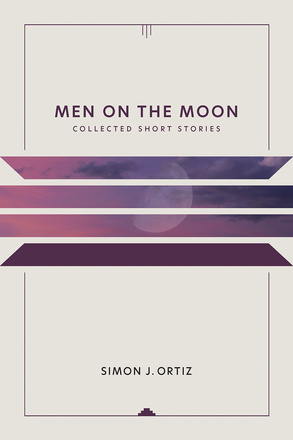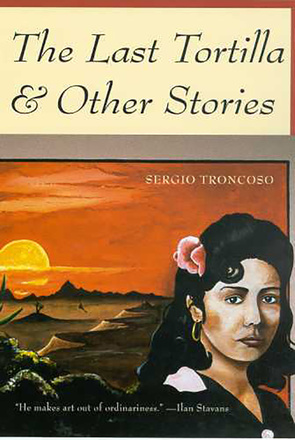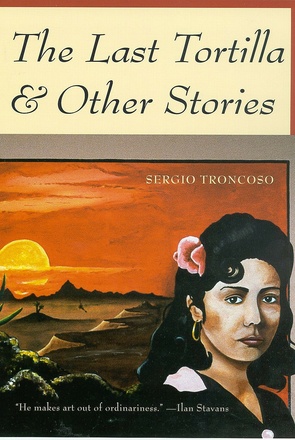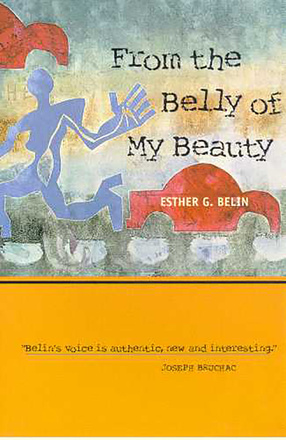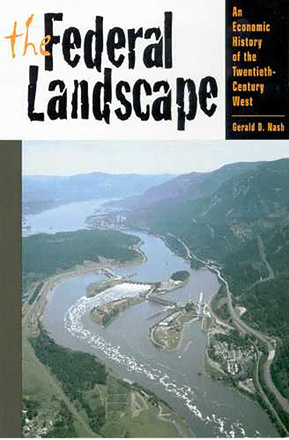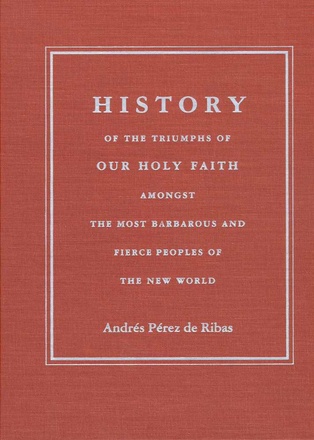The University of Arizona Press is the premier publisher of academic, regional, and literary works in the state of Arizona. They disseminate ideas and knowledge of lasting value that enrich understanding, inspire curiosity, and enlighten readers. They advance the University of Arizona’s mission by connecting scholarship and creative expression to readers worldwide.
Cultural Memory and Biodiversity
Interweaving a wealth of ecological and cognitive data with oral history, Nazarea details a "memory banking" protocol for collecting and conserving cultural information to complement the genetic, agronomic, and biochemical characterization of important crops.
Nobody's Son
Here's a story about a family that comes from Tijuana and settles into the 'hood, hoping for the American Dream.
. . . I'm not saying it's our story. I'm not saying it isn't. It might be yours. "How do you tell a story that cannot be told?" writes Luis Alberto Urrea in this potent memoir of a childhood divided. Born in Tijuana to a Mexican father and an Anglo mother from Staten Island, Urrea moved to San Diego when he was three. His childhood was a mix of opposites, a clash of cultures and languages. In prose that seethes with energy and crackles with dark humor, Urrea tells a story that is both troubling and wildly entertaining.
Urrea endured violence and fear in the black and Mexican barrio of his youth. But the true battlefield was inside his home, where his parents waged daily war over their son's ethnicity. "You are not a Mexican!" his mother once screamed at him. "Why can't you be called Louis instead of Luis?" He suffers disease and abuse and he learns brutal lessons about machismo. But there are gentler moments as well: a simple interlude with his father, sitting on the back of a bakery truck; witnessing the ultimate gesture of tenderness between the godparents who taught him the magical power of love.
"I am nobody's son. I am everybody's brother," writes Urrea. His story is unique, but it is not unlike thousands of other stories being played out across the United States, stories of other Americans who have waged warboth in the political arena and in their own homesto claim their own personal and cultural identity. It is a story of what it means to belong to a nation that is sometimes painfully multicultural, where even the language both separates and unites us. Brutally honest and deeply moving, Nobody's Son is a testament to the borders that divide us all.
The New Western History
The Territory Ahead
Gentry's Rio Mayo Plants
The Tropical Deciduous Forest and Environs of Northwest Mexico
Expanding the View of Hohokam Platform Mounds
An Ethnographic Perspective
The Emperor's Mirror
Understanding Cultures through Primary Sources
The Sierra Pinacate
Tohono O'odham/Pima to English, English to Tohono O'odham/Pima Dictionary
Border-Crosser with a Lamborghini Dream
Mountain Sheep of North America
Mimbres during the Twelfth Century
Abandonment, Continuity, and Reorganization
New Latina Narrative
The Feminine Space of Postmodern Ethnicity
Under the Devil's Thumb
David Gessner first moved to Colorado in the wake of a bout with cancer. In Under the Devil's Thumb, this young New Englander takes readers on a joyous quest to discover the mysteries of the western landscape and the landscape of the soul as well.
In the West Gessner began to rewrite his life. Under the Devil's Thumb is a story of rugged determination and sweat, as well as humor, adventure and hope. In and around his new hometown of Boulder, Colorado, Gessner hiked hard and ran alongside flooded creeks. He found that the West was a place of storiesstories that grow out of the ground, flow out of the dirt, work their way through one's limbs, and drive people to push their physical limits.
Hiking up scree slopes toward the Devil's Thumb, a massive outcrop of orange rock that attracts climbers, hikers, and contemplaters, Gessner reflects on the illness he has so recently survived. He pushes his physical limits, hoping to outrun death, to outrun dread. He finds momentary transcendence in the joys and self-inflicted pain of mountain biking. "Nothing but the hardest ride has the power to flush out worry, mind clutter, and dread." In tranquil moments he seeks a chance to recover an animal self that is strong and powerful enough to conquer mountains, but also still and quiet enough to see things human beings ignore.
In the mountain West, Gessner finds what Wallace Stegner called "the geography of hope." He finds within himself an interior landscape that is healthy and strong. Combining memoir, nature writing, and travel writing, Under the Devil's Thumb is one man's journey deep into a place of healing.
Sedentism and Mobility in a Social Landscape
Mesa Verde and Beyond
Speaking Chicana
Voice, Power, and Identity
In a Desert Garden
Love and Death among the Insects
American Indians and National Parks
Contemporary American Indian Literatures and the Oral Tradition
Glen Canyon Dammed
Growth is a major issue in the contemporary American West, especially as more and more towns and states turn to tourism to spark their economies. But growth has a flip sidelossabout which we seldom think until something is irrevocably gone.
Where once was Glen Canyon, with its maze of side-canyons leading to the Colorado River, now is Lake Powell, second largest reservoir in America, attracting some three million visitors a year. Many who come here think they have found paradise, and for good reason: it's beautiful. However, the loss of Glen Canyon was monumentalto many, a notorious event that remains unresolved.
Focusing on the saddening, maddening example of Glen Canyon, Jared Farmer traces the history of exploration and development in the Four Corners region, discusses the role of tourism in changing the face of the West, and shows how the "invention" of Lake Powell has served multiple needs. He also seeks to identify the point at which change becomes loss: How do people deal with losing places they love? How are we to remember or restore lost places? By presenting Glen Canyon as a historical case study in exploitation, Farmer offers a cautionary tale for the future of this spectacular region. In assessing the necessity and impact of tourism, he questions whether merely visiting such places is really good for people's relationships with each other and with the land, suggesting a new ethic whereby westerners learn to value what remains of their environment.
Glen Canyon Dammed was written so that the canyon country's perennial visitors might better understand the history of the region, its legacy of change, and their complicity in both. A sobering book that recalls lost beauty, it also speaks eloquently for the beauty that may still be saved.
Grasshopper Pueblo
A Story of Archaeology and Ancient Life
The Last Tortilla
"She asked me if I liked them. And what could I say? They were wonderful." From the very beginning of Sergio Troncoso's celebrated story "Angie Luna," we know we are in the hands of a gifted storyteller.
Born of Mexican immigrants, raised in El Paso, and now living in New York City, Troncoso has a rare knack for celebrating life. Writing in a straightforward, light-handed style reminiscent of Grace Paley and Raymond Carver, he spins charming tales that reflect his experiences in two worlds.
Troncoso's El Paso is a normal town where common people who happen to be Mexican eat, sleep, fall in love, and undergo epiphanies just like everyone else. His tales are coming-of-age stories from the Mexican-American border, stories of the working class, stories of those coping with the trials of growing old in a rapidly changing society. He also explores New York with vignettes of life in the big city, capturing its loneliness and danger.
Beginning with Troncoso's widely acclaimed story "Angie Luna," the tale of a feverish love affair in which a young man rediscovers his Mexican heritage and learns how much love can hurt, these stories delve into the many dimensions of the human condition. We watch boys playing a game that begins innocently but takes a dangerous turn. We see an old Anglo woman befriending her Mexican gardener because both are lonely. We witness a man terrorized in his New York apartment, taking solace in memories of lost love.
Two new stories will be welcomed by Troncoso's readers. "My Life in the City" relates a transplanted Texan's yearning for companionship in New York, while "The Last Tortilla" returns to the Southwest to explore family strains after a mother's death--and the secret behind that death. Each reflects an insight about the human heart that has already established the author's work in literary circles.
Troncoso sets aside the polemics about social discomfort sometimes found in contemporary Chicano writing and focuses instead on the moral and intellectual lives of his characters. The twelve stories gathered here form a richly textured tapestry that adds to our understanding of what it is to be human.


